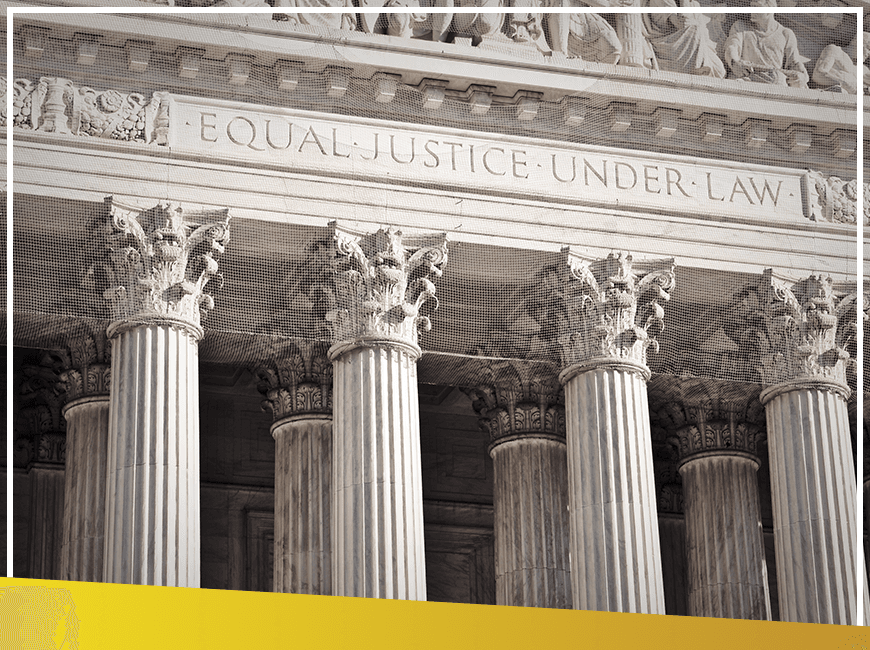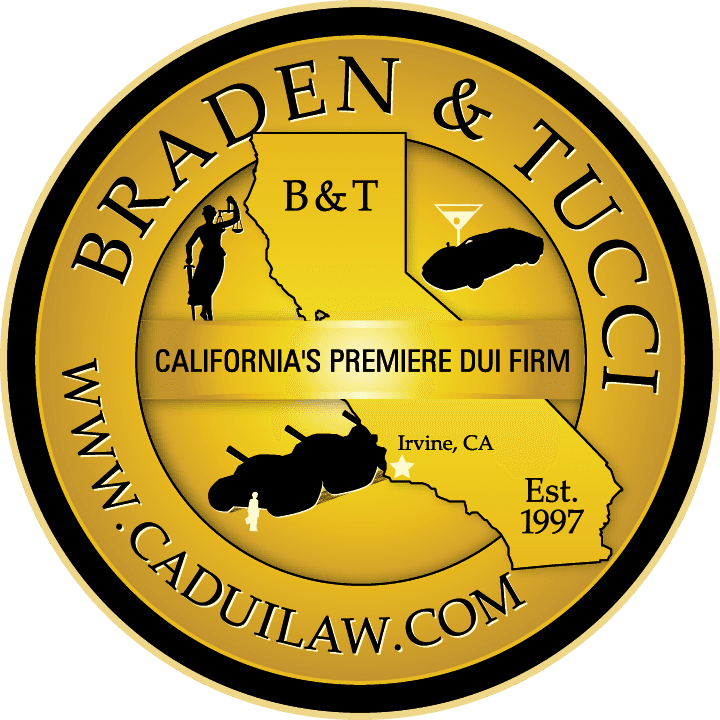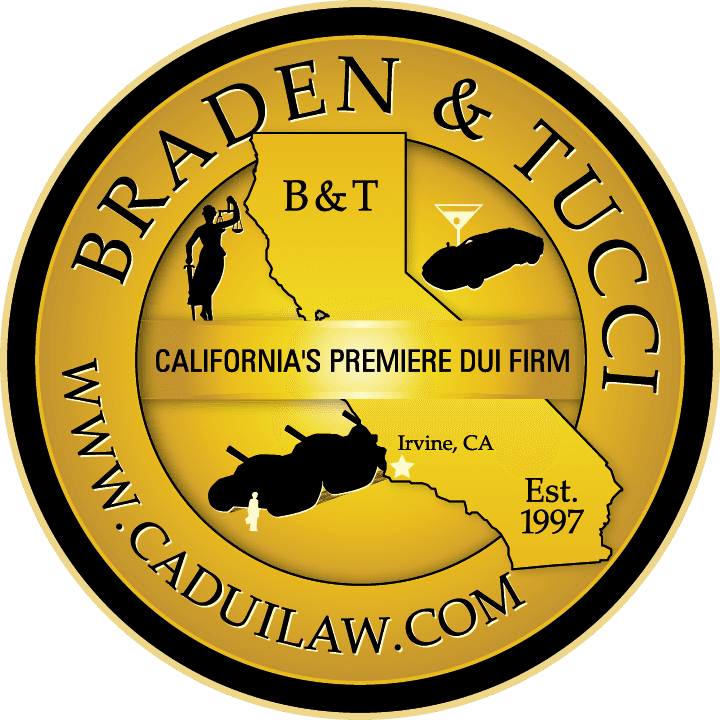
DMV Trials in Orange County
Our superior reputation with the courts, the prosecutor’s office, the DMV, and clients is dependent on our vigorous and zealous advocacy in every case we handle. We will be working vigilantly and tirelessly to resolve this matter in the best way possible.
DMV Side of the Case
In your driving under the influence case, we will be initially contacting the DMV (if you had contacted our office within 10 days of your arrest) to set up an Admin Per Se Hearing to challenge their projected suspension of your driving privilege in the State of California. Almost always, we like to subpoena the arresting officer to this hearing to cross-examine them regarding their background, training, and experience in DUI cases, and the specific procedures or lack thereof that were adhered to or not in your individual case. Usually, there is only one DMV hearing, but sometimes, we may have several, depending on the number of witnesses and issues involved in the particular case. Appearance at the DMV hearing is your choice, but if you do want to attend, we ask that you please notify us and appear dressed in a professional manner.
Criminal Side of the Case
Your first court appearance is known as your arraignment. This is the hearing wherein the judge advises what charges are filed against you and requests a plea to be entered on your behalf. Our office may decide to continue the arraignment. Depending on the court, we may continue your arraignment to allow more time for our investigation and analysis of the facts in your case. If we enter a plea as opposed to continuing the arraignment, we will enter a “not guilty” plea on your behalf. We will then obtain the complaint and police report, which we will copy and forward to you within a couple of days. The judge, in concluding the arraignment, will decide whether any conditions should be imposed on you while the case is pending. Usually, in California, first-time offenders with no enhancements or accidents and non-lethal blood alcohol levels do not have any conditions (other than no drinking and driving). For more serious cases, such as multiple offenders, accident cases, or injury cases, the judge could order you to attend Alcoholics Anonymous meetings, pay a higher bail, participate in a treatment program, or install an ignition interlock on your car. These are some of the possibilities.
We will then schedule a future court appearance known as a pretrial conference. A pretrial conference is a conference prior to trial wherein a number of things are going on, including evidence being requested and provided, negotiation of strengths and weaknesses of the case, scheduling of future court appearances, etc. In between the first and second court appearance, we will be making a discovery request on the law enforcement agencies, crime labs, and prosecution offices involved in your case. This discovery request is the method that attorneys utilize to obtain the evidence pertaining to your case. This process may take several appearances and a number of months before we secure all the significant items of evidence and may be able to give an informed opinion regarding the strength of your case. We will be exploring the resolution of your case at these pretrial conferences. In terms of the number of pretrial conferences, there may be as few as a couple or as many as a dozen, depending on a variety of factors.
Pretrial Motions
We may want to file some pretrial motions (that may or may not require your attendance) to challenge the admissibility of the prosecutors evidence. A ruling in your favor can result in evidence being excluded from your trial, including evidence of a blood or breath test, the results of some or all the field sobriety tests, or adverse statements you may have made. Successful pre-trial motions often compel the prosecutor to make an advantageous plea bargain offer or can result in the dismissal of the charge based on an unconstitutional stop.
Jury Trial
Finally, we may schedule a jury trial date, whether or not you desire to go to trial. This additional court date will give us one final chance to resolve the case. If you decide that you want a jury trial in your case, your trial fees will have to be paid in full five days prior to the jury trial date. Payments for jury trial are not an option. Therefore, start budgeting for trial now. Typically, jury trials with our firm last about four to 10 days. The jury trial process is a lengthy one. The first thing we deal with is the motions in limine to exclude/preclude or limit evidence. The next thing we do is start the jury selection or voir dire process. In California, we have 12-person juries and usually one or two alternate jurors as backup. All 12 must agree in order to convict, and it will take only one to hang the jury, requiring a mistrial. Questions are posed to prospective jurors regarding their bias, prejudices, and fitness to stand as a juror in a DUI case. After the jury is selected, both the prosecutor and defense attorney have the option of delivering an opening statement. After the opening statement, the prosecution, since it has the burden of proof beyond a reasonable doubt, starts calling their witness against you. Usually, the first witness is the police officer that made the arrest, and possibly their partner officer. Following the law enforcement officer or officers is usually the person who administered the breath test or collected the blood test. Following that witness is the state’s forensic toxicologist. This person will be questioned regarding alcohol’s effect on the body, field sobriety tests, objective symptoms, the chemical test, and the state rules for chemical testing. After that witness, the prosecution rests. After each witness of the prosecution and before their next witness is the defense counsel’s opportunity to cross-examine the witnesses the state places against you. Rigorous cross-examination is the only engine for truth in a criminal trial. The people will rest after their last witness, and the defense may or may not put on a case. Depending on the state of the case, we may or may not call witnesses to stand. If we do call any witnesses, it will be the people who were with you that evening, one of the officers not called by the prosecution, a private investigator, and our own forensic toxicologist. After we put on our case, the prosecution has an opportunity to call rebuttal witnesses. After that, the prosecution and defense will argue about jury instructions on the law to the judge. Once that has been accomplished, both counsels will engage in closing argument. After closing argument, the jury will then be sent to deliberate and attempt to reach a verdict. Sometimes, during deliberations, jurors will pose questions to the court, and counsel will argue about the appropriate responses. The deliberation process will yield one of two outcomes: A verdict or an inability to reach a decision, resulting in a hung trial/mistrial. Depending on how the vote went, the prosecutor has the option of re-trying the case at a future date, offering a plea bargain to a reduced charge, or dismissing the case. The court could also dismiss the case.
Court & DMV Attire
Rarely are clients required to make court appearances until the day we resolve the case, so when that does happen, please dress appropriately. Please wear a suit, pants with a shirt and jacket, or pants with a shirt to court. Please do not wear sunglasses, a baseball cap, or shorts. When going to court, dress and act like you would when interviewing for a job or attending a funeral.
Client Notice
Please note that after each court appearance, a letter will be forwarded to you regarding what occurred at the appearance and when the next appearance is scheduled, as well as copies of any documents relating to your case and other important information. In other words, you will be informed throughout this process of all that is going on with your case. If you still have any questions regarding your case that our letters do not address, please do not hesitate to contact our office. Our legal assistants can usually answer the basic questions, such as confirming court dates, confirming payment due dates, confirming DMV dates, and verifying certain information in the file. If you need to speak directly with your attorney, please leave a detailed message so we can return your phone call promptly with a response.
Remember that you are not to discuss your case with anyone except us and the people we have directed to speak with you. If you have any questions concerning this, please call our office immediately. Furthermore, if you have any documents relating to your arrest, please forward them to our office at once.

We help you move forward
-
“Mr. Tucci is an aggressive bulldog attorney that you want representing you!”
- Bree R. -
“Thank you again, Mr. Tucci, through your efforts you have altered the course of my life. Truly the greatest to have ever done it.”
- Less F. -
“Thanks to Vincent Tucci, my son’s warrant was quashed, his two charges dismissed, and my son never had to appear in California!”
- Paula H.
What sets us apart:
-
Zealous, Individualized Representation for Your Case
-
Proven Successes in Trial, in Court & with the DMV
-
Certified in Alcohol Screening & Field Sobriety Testing
-
Southern California’s Most Respected DUI Attorney
-
Former President of the CA DUI Lawyers Association
-
Southern California’s Most Aggressive and Successful DUI Attorney

Client Responsibilities
Other than reviewing the police report, making your payments, reviewing DMV transcripts, completing the questionnaire, and providing documents and witnesses, there may not be a lot for the client to do. This may be a bit frustrating, but please be assured that we are working vigorously and diligently on your case. Your patience, understanding, and consideration will be requested and appreciated.
Call (949) 996-0170 to discuss your legal needs with our lawyers.

Contact Us for a Consultation
We Know What You're Facing. We Know How To Win.



.2501101516544.jpg)

















